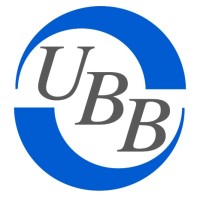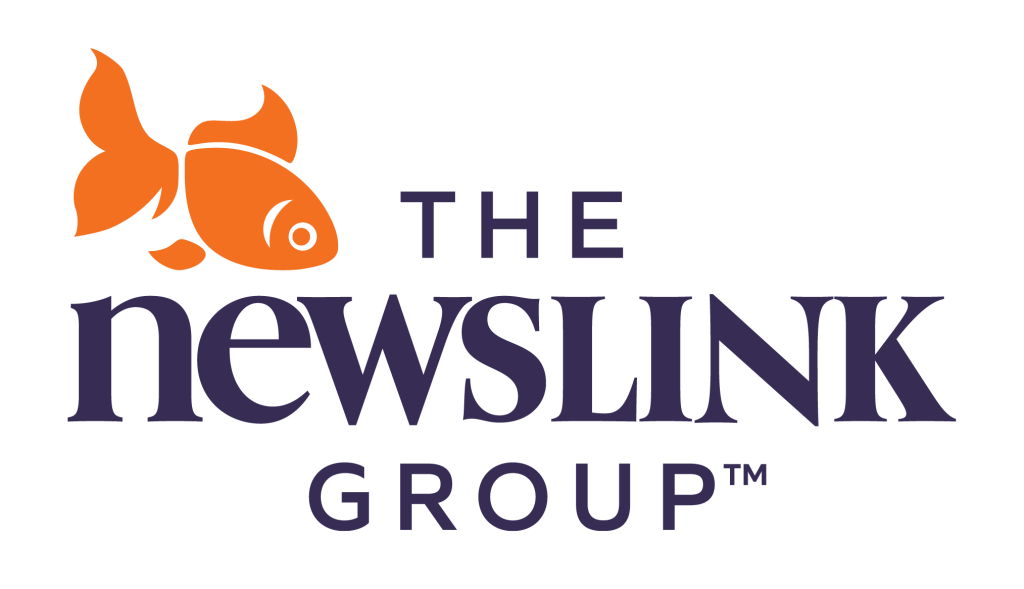When business customers comingle funds between personal and business accounts, it can create challenges both for the bank and the customer. This article highlights scenarios that should be avoided and how to educate business owners on potential negative implications.
Scenario 1: Cashing a Check Written to a Business
John Doe brings in a check written to his single member LLC, JD Associates, and wants the bank to cash the check and issue proceeds directly to him. Regardless of the size of the check, this method of conducting the transaction should be avoided because while Mr. Doe is the sole owner of that business, he is not the payee. John should deposit the check into the appropriately styled account and issue a check made payable to himself off the business account, or if necessary, negotiate a cash withdrawal after the item is safely deposited and any appropriate hold period has elapsed. Failure to handle the transaction in this manner creates risks because the item no longer includes the appropriate chain of custody to meet the requirements of Section 3-302 of the Uniform Commercial Code — Holder in Due Course. More importantly, if the check was written to pay for a product or service of JD Associates LLC and there is an issue or dispute with the product or service at a later time, Mr. Doe’s corporate veil that he created when he formed the LLC could be compromised, and his personal assets could be at risk if the situation results in a legal disagreement.
Scenario 2: Business Owner Makes a Mortgage Payment with Corporate Funds
Jane Doe owns Jane’s Bridal Shop LLC (JBS). Jane’s personal mortgage is with your bank, and the JBS account is held with a competitor. Jane writes a check from the JBS account to your bank to pay her mortgage. While it appears that she is simply paying herself, writing a business check to cover a personal expense potentially invalidates the personal liability protections Jane is afforded through her LLC. If JBS is sued in the future and the opposing attorney is able to collect the canceled checks used to pay the personal mortgage, they may be able to convince a court Jane’s personal assets are no longer off limits from being seized. This legal battle could potentially place your bank in the middle of a lawsuit, and while there may be no financial loss to your bank, considerable manpower and resources could be exhausted by answering subpoenas.
In addition to the scenarios above, making exceptions for customers to enable comingling of personal and business funds can create compliance monitoring challenges. For example, a well-defined BSA program has parameters in place to identify abnormal trends or behaviors that contradict customer due diligence data. If customers are not utilizing their accounts as intended and styled, it could create false alerts and confusion for BSA staff. Additionally, many business account fees are derived from transaction activity. Condoning the use of personal accounts for business purposes could have an impact on fee income.
Often, exceptions to the previous scenarios are granted because a business owner is well known to the bank and, at the time of the transaction, it seems simpler to avoid a few extra steps, or the business owner simply is unaware of the implications that could arise from certain transactions. Take the time to educate business owners on proper management of their accounts and the personal liability that could result from comingling funds in order to foster trust and reduce challenges that could arise well after the transaction takes place.











